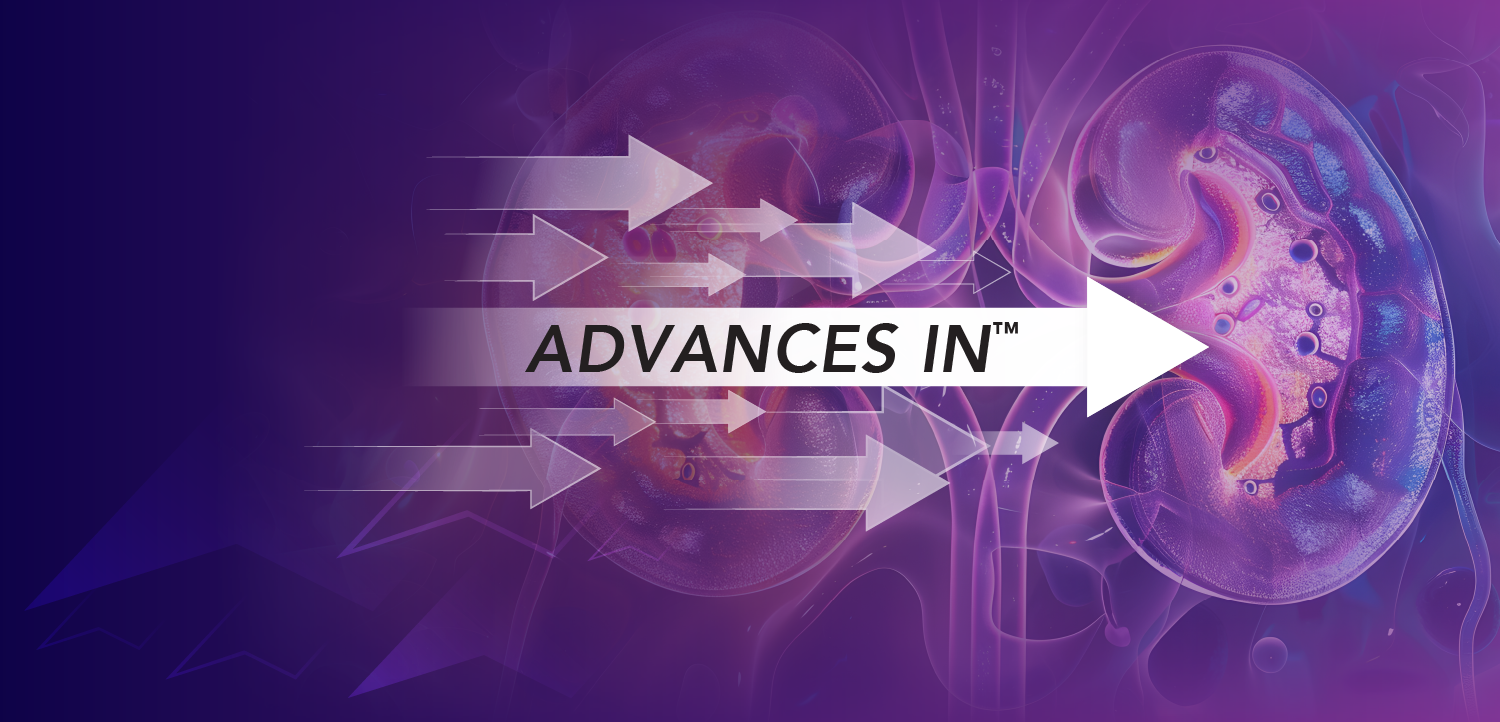
Psychiatrist Blends Corporate Finance into Practice Approach
As a former investment banker it made sense for psychiatrist Sina Saidi, MD, to take a unique approach at problem solving with patients.
Coming from a family of physicians it wasn’t surprising when Sina Saidi, MD, graduated from Harvard Medical School and the Johns Hopkins Psychiatry training program to become a board-certified psychiatrist based in New York City. What was surprising, however, was the route he took to arrive at that destination.
Saidi’s original stint in college focused on economics, and he went on to obtain a master’s degree in international policy studies at Stanford University. He worked in investment banking in the mid- to late-1980s, but soon found himself wanting more.
“I looked at different options,” Saidi recalls. “Did I want to get a PhD in economics and become a research analyst? Or did I want to get some other doctorate?”
His family told him, “Oh, you should be a doctor,” he says, laughing at the memory. “It was a no-brainer for them. So I decided I’ll give it a shot.”
And so began Saidi’s unique, double-edged career.
Saidi loved his time in medical school, “especially at an institution like [Harvard] where you’re surrounded by so much analysis and research — it was a gift.”
He felt privileged to be in medicine, but never had the attitude that he was happy to be away from finance. So it wasn’t surprising that not long after graduation he found himself working for a company that organized continuing education conferences for physicians. Saidi was so taken by the work that he soon branched out and formed his own company.
“It was really fun,” Saidi says. “I had to study all the research and papers that my speakers were presenting at the conferences. But I also had to run the company, which involved very entrepreneurial work, learning how to manage events, negotiate contracts with hotels and market to major pharmaceutical companies.”
The conferences, he says, were in areas of new indications for medications, such as in anti-depressants and pediatrics. Along with hot topics like medications for people with colitis was the area that Saidi really found fascinating: psychiatry. After all, he attended Johns Hopkins, did his residency in psychiatry, and loved it.
“The field itself was just exploding — the science of brain versus mind, and looking at the pathophysiology of things like depression which is not completely understood as much as other fields of medicine — and that’s really where the challenge and the excitement is,” Saidi says. “So I did that and then I knew that I wanted go into my own practice and come to New York.”
Saidi realized early on that his approach to patients as a psychiatrist was different. A “touchy-feely” approach, as he says, wasn’t his style. He felt the business entrepreneur side of him bleeding through, so he took that valuable asset and incorporated it into his approach with patients. He began working with high-level executives and approaching the issues they brought as a type of project that needed to be addressed and worked through.
“Initially they were surprised at my approach, but once they understood the value of analyzing a lot of personal data, it became more meaningful to them,” Saidi explains. “It was more acceptable to them.”
Saidi believes that his unique approach adds to the physician-patient equation a much more thorough understanding of his client’s specific circumstances and the changes that they face in the workplace.
“When an executive comes and says that his huge multi-million dollar account is in jeopardy, and he comes to me and expresses that he’s stressed out about it, I have a little bit of a deeper understanding of exactly what he means,” he explains.
That doesn’t mean, however, that Saidi simply sits there and tosses business lingo at his clients.
“People read right through that,” he says, “especially people who have a low tolerance for BS.”
does
What Saidi do is identify with his clients. He’ll take the style of problem-solving that the client uses in business and try to use it to approach their personal issues. Using a style that the client is already familiar with helps them understand what Saidi is trying to do to help.
When he’s away from his practice, Saidi says he loves sports, and tries to get in as much skiing as he can, as well as teach the sport to his daughters.
One activity he’s particularly attracted to is bikram yoga — a comprehensive workout that includes all the components of fitness, such as muscular strength, muscular endurance, cardiovascular flexibility and weight loss. But the activity’s most unusual characteristic is that it’s practiced in 95- to 105-degree temperatures.
“It’s much more exercise than meditation,” he admits.
Saidi enjoys a good challenge, though. It’s the same way he views his work in psychiatry, which, aside from his private practice, includes consulting privately with the human resources departments of several brokerage and corporate law firms.
“It’s very challenging, but it’s just so fulfilling,” he says. “You really have to sit and think about what’s going on in this person’s life, and in their mind, and then treat them. When people get better, when I’ve helped them get better — to see their mood getting better or that they’re happier in their workplace — that feeling in medicine is really fulfilling. You can’t beat that.”
I’m loving itA different approachIt’s personal
Newsletter
Stay informed and empowered with Medical Economics enewsletter, delivering expert insights, financial strategies, practice management tips and technology trends — tailored for today’s physicians.



















